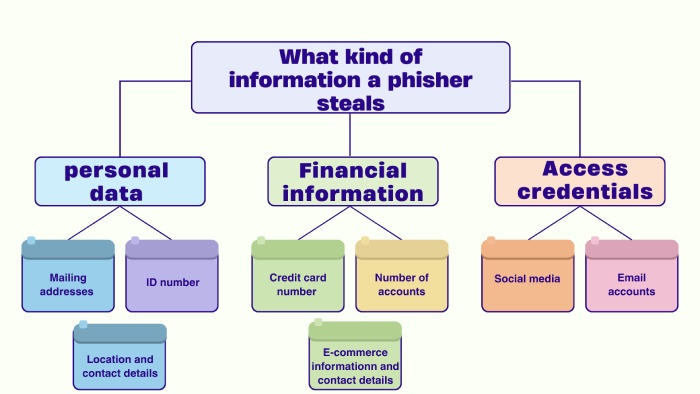Here is the latest phishing news sharing updates on phishing attacks, sophisticated email attacks, and other serious cyber threats. This edition includes discoveries by FortiGuard Labs, the influence of WormGPT on sophisticated phishing, moviegoer scams, and upcoming changes to email phishing filters at universities.
FortiGuard Labs Identifies the New Threat of .ZIP Domains in Phishing Attacks
In a recent FortiGuard Labs report released on July 17, 2023, cybersecurity experts raised concern over the escalating use of phishing attacks by threat actors to gain initial access to information networks.
FortiGuard Labs researchers Jonas Walker and Fred Gutierrez identified .ZIP domains as the latest addition to the phishing toolkit of threat actors. They are among the generic Top-Level Domains (gTLD) that allow custom addresses ending with words such as .cash and .team.
The availability of .ZIP domains for public purchase has enabled phishers to create confusion, particularly among less tech-savvy users, who might mistake .ZIP URLs for .ZIP file extensions. Besides, by leveraging .ZIP domains, malicious actors can add a sense of authenticity to fraudulent websites, making it harder for unsuspecting users to distinguish between legitimate and malicious URLs.
Users are advised to block .ZIP domains at the firewall level, verify website authenticity with web filters and browser extensions, and keep antivirus software and systems up to date to mitigate security risks and safeguard their information systems against such threats.
WormGPT Empowers Malicious Actors to Execute Advanced Phishing Campaigns
Threat actors increasingly leverage generative AI, mainly a new tool called WormGPT, to conduct phishing attacks.
Advertised on darknet forums, WormGPT is a blackhat alternative to well-known GPT models specifically designed for malicious purposes. It enables the automatic creation of persuasive fake emails personalized to the recipient, increasing the chances of successful attacks. Developed based on the GPTJ language model, WormGPT boasts various features, making it a formidable adversary to ChatGPT.
According to Slash Next, training on undisclosed datasets and its efficiency in crafting fraudulent emails is concerning, enabling sophisticated phishing attacks and BEC (Business Email Compromise). Generative AI streamlines complex BEC attacks, making it user-friendly for various malicious actors, regardless of their skill level.
There are also discussions on malicious forums about “jailbreaks” for AI, like ChatGPT, which can manipulate AI chatbots to generate harmful responses, including malicious code.
Scammers Exploit Moviegoers with Deceptive Special Offers During Barbie and Oppenheimer Movie Releases
Scammers are taking advantage of the excitement to spread phishing scams, targeting unsuspecting users worldwide around the highly anticipated movie releases of Barbie and Oppenheimer.
Research has revealed that deceptive web pages offer special deals on Barbie dolls, including limited-edition movie-related dolls, prompting users to disclose personal information and pay fraudsters. Similarly, scammers trick people with promises of free Oppenheimer movie streaming, aiming to steal users’ banking information and money through a registration fee tactic.
Olga Svistunova, a security expert at Kaspersky, advises vigilance and adherence to online safety practices to enjoy movie premieres securely. Her recommendations include being cautious of email phishing attempts, verifying website security, using reliable phishing protection solutions, and sharing personal information only on trusted platforms.
Remember, staying alert and following these precautions will ensure an enjoyable movie experience while protecting yourself from cyber threats.
Update: Email Inbox Phishing Filter to Undergo Changes on July 25, 2023 at Radboud University
Radboud University in the Netherlands has informed its users that starting from July 25, the email security system Proofpoint will be replaced by EOP (with Exchange Online Protection), providing enhanced protection against spam and phishing emails.
While using EOP, users will receive overviews of intercepted emails presented in a new, user-friendly format for easier access to relevant information.
During the transition period, you may receive emails from both systems and notice the Outlook reporting button changing from “Report” to “Report Message,” with its functionality remaining unchanged. The system change will be completed before the new academic year begins on September 4, ensuring a seamless and secure email experience.

![ZIP Domain Phishing,Advanced WormGPT Phishing,Moviegoer Scam-Cybersecurity News[17 July 2023]](https://www.phishprotection.com/wp-content/uploads/2023/07/phishing-protection-4.jpg)

